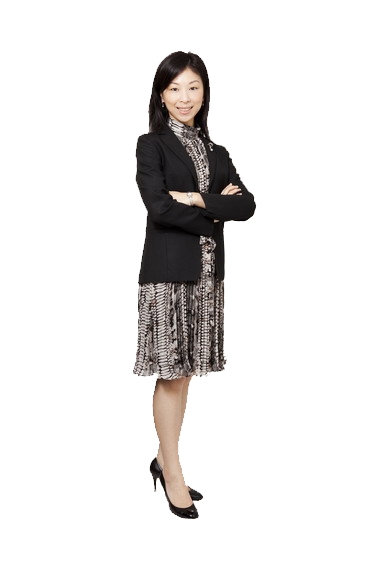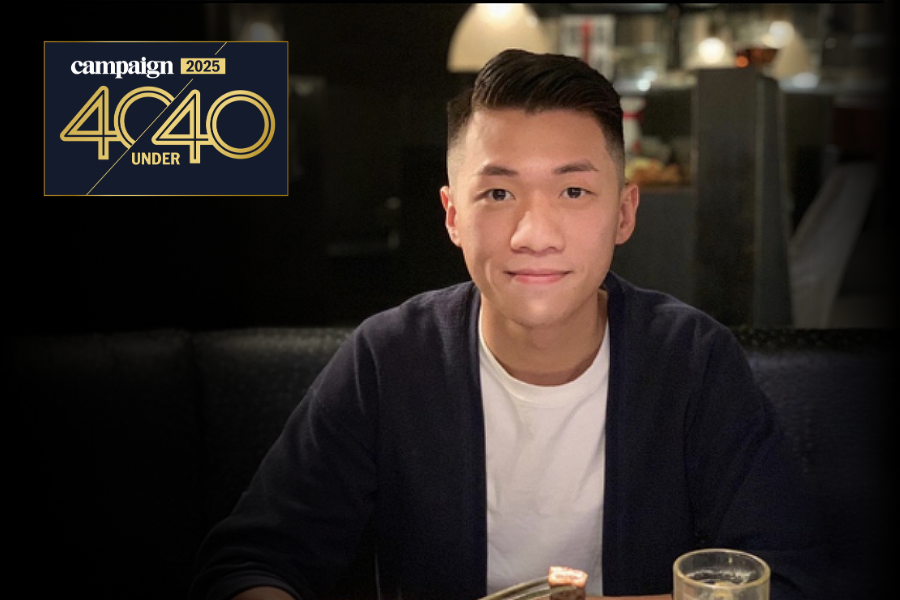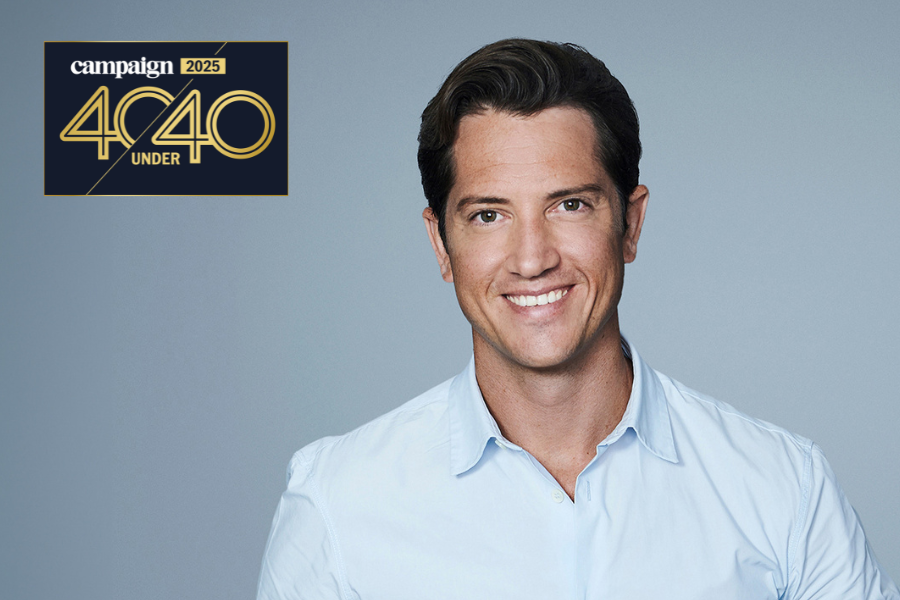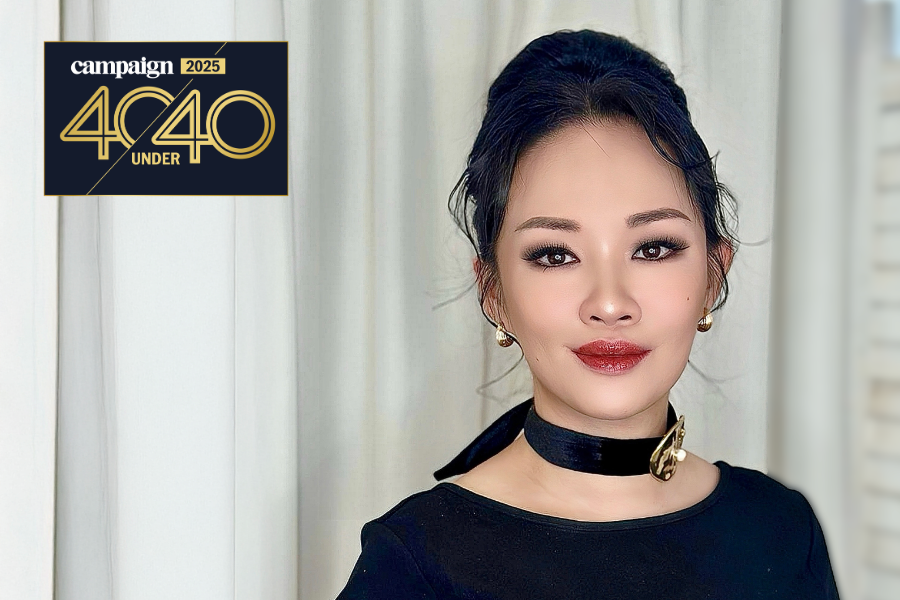According to Chiu, her greatest challenge is having to contend with competing supermarket brands in an extremely fast-paced environment, while having to make sure the Wellcome brand is heard above the other low-cost options, including Hong Kong’s infamous wet markets and local produce stalls.
“Every day we are trying to adjust our strategy in terms of price and product, our advertising and so on,” she says. “And nowadays, supermarkets are always under the spotlight of the media…whenever there is a product recall, any health issues, or even complicated matters such as the competition bill, we are always one of the brands that the media approaches.”
But she has come to learn that in order to stay competitive in such a tough retail environment, it is important to play down stereotypes, start understanding customers and how they are changing, and to make sure Wellcome always stays true to its brand credo. While this all seems obvious, she says, there are practical obstacles that make these principles difficult to apply, especially when working with agencies.
The first of these is moulding people’s perceptions. “Wellcome has 67 years of history in Hong Kong, it’s deep rooted and Hong Kong people have already developed their own special feelings and perceptions about Wellcome, our logo, and our colours. As a brand manager, it’s a huge baggage because we are trying to make sure such a heritage brand is keeping pace with the changes in society.“
And when asked how a marketer can achieve this, Chiu says the key is to design a brand platform that answers society’s trends. Chiu cited the example of the financial crisis in 2008, which saw Hong Kong’s economy crash for about six months, the supermarket benefitted from poor consumer sentiment at the time. But when the economy rebounded in the first quarter of 2009, Wellcome was quickly faced with the challenge of having to brainstorm a campaign to encourage Hong Kong people - whose love of restaurant dining has become somewhat of a national pastime - to dine at home more frequently.
There came about the 'Wellcome home' campaign, which capitalised on the concept of family togetherness to encourage people to dine in more often. It was no coincidence that this campaign also happened to speak to one of Hong Kong society’s deeply held values and beliefs—that dining at home can lead to a much happier family life. Finally, Chiu says, the brand was doing more than just delivering a service, it was speaking to its customer base and doing something for Hong Kong's people.
“Out of this concept, it also became the starting point of our CSR pillars,” Chiu says. From organising farm fun days for underprivileged families to environmental friendliness education, Chiu emphasised that many brands use CSR programmes as a platform to beat the competition.
“Our objective on the CSR side is not to lead or be innovative,” she says. “In fact, we never link our CSR initiatives with sales initiatives.” Chiu says that companies who use CSR to gain media exposure or try to use it to convert sales play a dangerous game, especially in the Hong Kong market.
“Hong Kong people are very smart nowadays, and with so much social media, they exchange views, and they no longer look at the communications material, but they look at what your intentions are, they look at everything, the intention behind your advertising, or CSR programmes.”
Chiu stresses, “You could never cheat your customers because they can be very unforgiving.”
Chiu also says that companies are naïve to think that media outlets are eager to cover a CSR programme from a brand platform angle. “Media reports always choose an angle from the charity side, for example for our Banana Run, they’re writing the story from the World Cancer Research Fund angle.”
Misjudging how audiences are changing is another pitfall that many brands fall into. Chiu uses Wellcome’s target audience—housewives—as an example. She says that the housewife of 2012 is no longer the housewife of yesteryear. “If you look at government statistics, they are highly educated, many of them are university graduates." Yet some agencies see them as “see lais”, a Cantonese slang term that denotes a housewife of middle age with little education.
So when Chiu joined the company a year ago, she made it her No. 1 priority to review perceptions of Hong Kong housewives, conceiving new multiplatform campaigns that saw Wellcome’s Facebook fan base swell to more than 30,000.
“Don’t blind yourself with old perceptions," she says.
Finally, Chiu advises brands to always stay true to their identity, and don’t try to be something they're not.
“Brand management is all about being practical, being realistic," she concludes. "As I always say: Wellcome is Wellcome is Wellcome. We’re a supermarket, we’ll always be a supermarket. I’m always arguing with our agencies because advertising agencies have a different agenda, but the truth is we are Wellcome and that’s what our brand has to be… Don’t make the brand what it’s not.”











